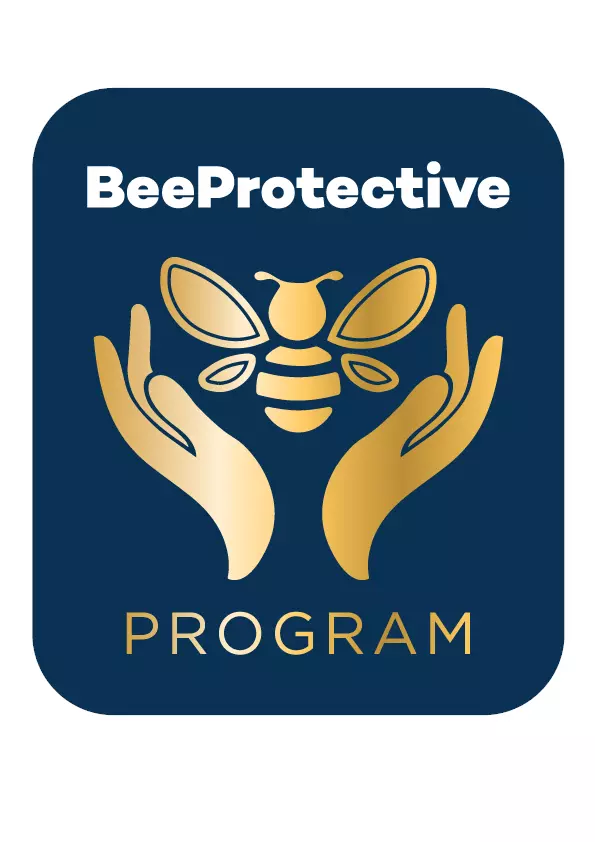In recent years, concerns have been raised regarding the potential impact of long-term exposure to frequencies used in Wi-Fi and wireless networks on the health and well-being of honey bees. As the importance of bees as pollinators and their vital role in ecosystems becomes increasingly recognized, it is crucial for beekeepers to take proactive measures to protect their bees from potential harm. MNZ, as a responsible beekeeping organization, places a strong emphasis on minimizing exposure to wireless frequencies in order to safeguard the homing ability and overall health of their hardworking bees. Recognizing the potential risks associated with long-term exposure to Wi-Fi and wireless network frequencies, MNZ has implemented a strategic approach to hive placement. MNZ takes great care to ensure that their wooden beehives are located at a significant distance from radio towers and other sources that emit these frequencies. By deliberately avoiding close proximity to such potential sources, MNZ aims to mitigate the risk of harmful effects on their bees’ homing ability, navigation skills, and overall well-being.






